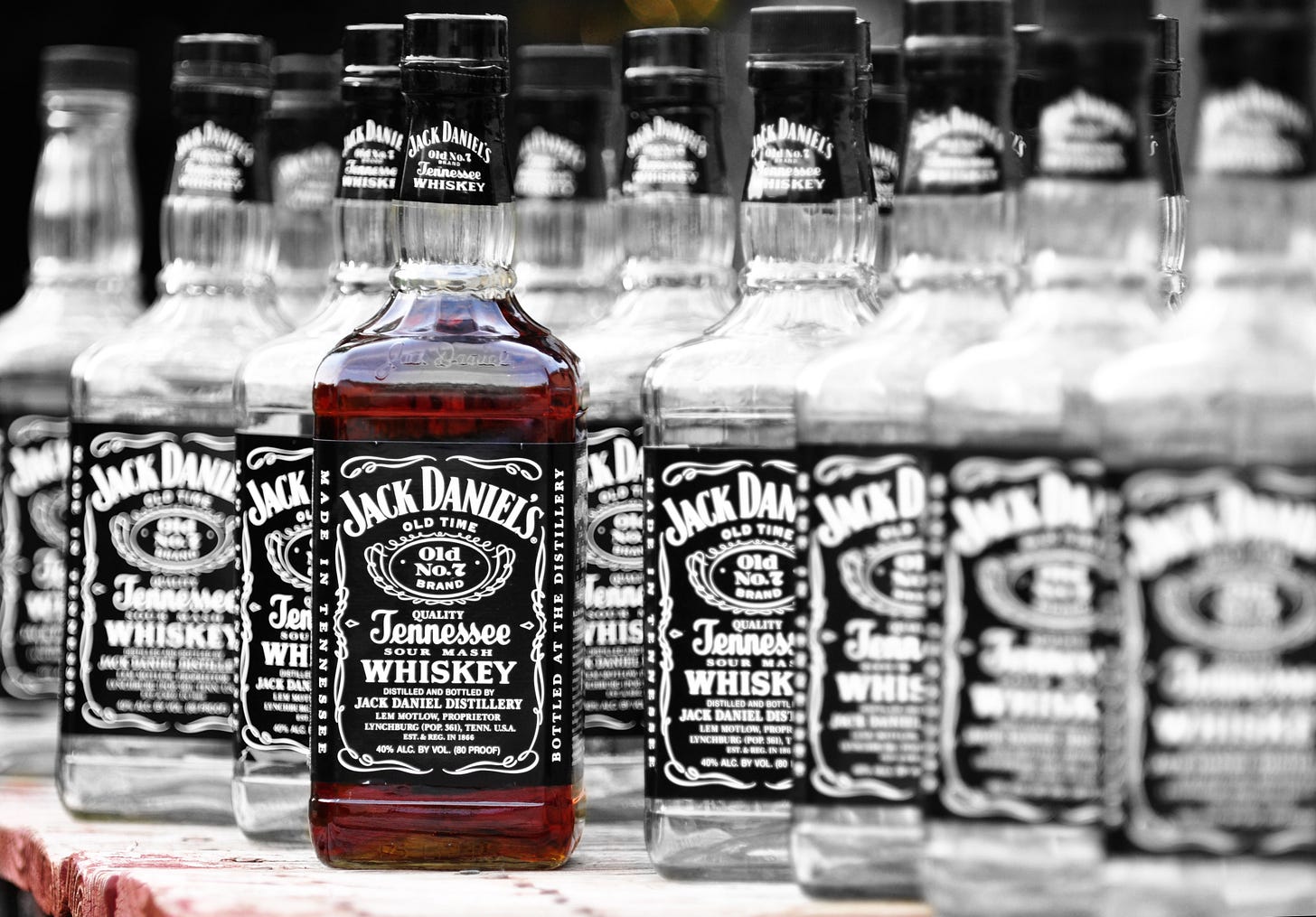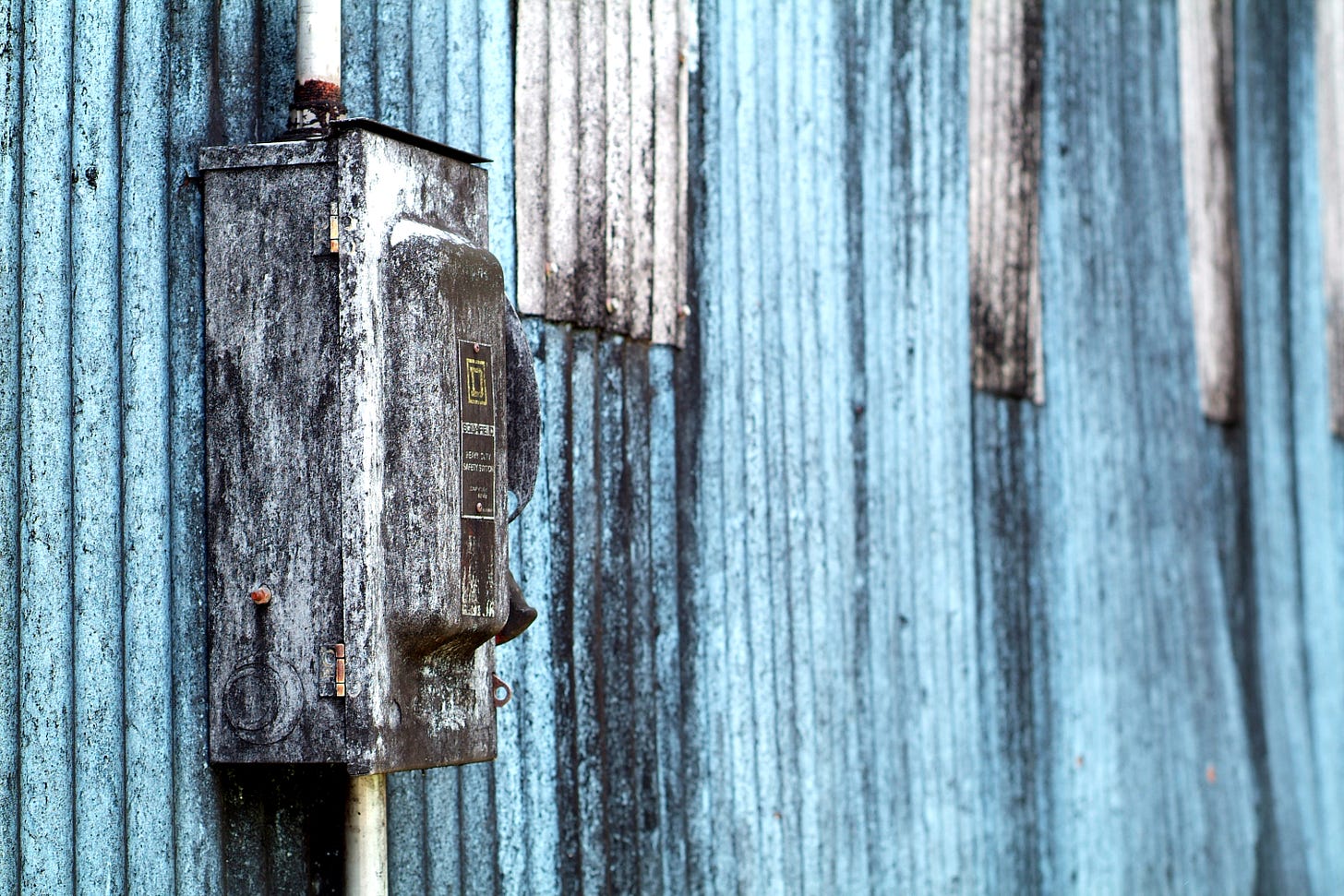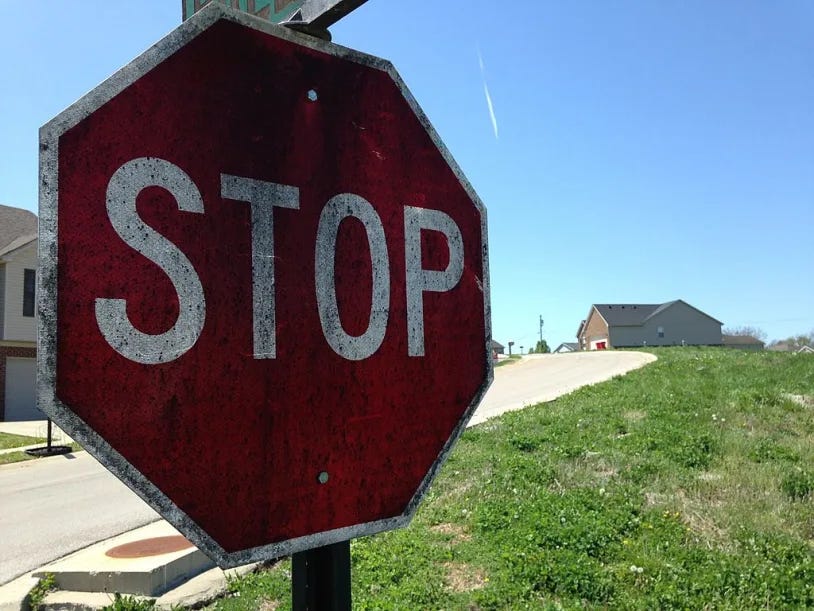The High Cost of a Good Drink
An alcohol-fueled fungus has sparked a dispute between a Tennessee community and the famous Jack Daniel's distillery.

In a small community in southern Tennessee, a fungus is causing a big problem. The fungus, known as baudoinia compniacensis, thrives on the alcohol vapors coming from the nearby Jack Daniel's barrel houses, which are used to age the famous whiskey. The fungus isn’t known to cause serious health problems, but it has caused a lot of headaches for residents who are forced to clean the ethanol-fueled fungus from their cars, homes, patio furniture, and gardens.
The issue has sparked a heated debate between the community and the distillery. Residents have been annoyed about the constant cleanup associated with the black fungus. They argue that the fungus is a nuisance that should be addressed by the distillery, which they claim has a responsibility to be a good neighbor. A company representative, Donna Willis, spoke at a county commission meeting in November and had this to say about their complaints:
“Could it be a nuisance? Yeah, sure. And it can easily be remedied by having it washed off.”
She went on to say that the company would not agree to power-wash homes since the distillery could be held liable for any damage. When asked about whether the company would be willing to install better ventilation systems inside the storage facility, she noted that the fungus is a natural byproduct of the whiskey-making process and changes to the production process could damage the iconic flavor.

From an economic standpoint, the dispute covers some interesting concepts. First and foremost is the issue of externalities. Whiskey fungus is an example of a negative externality, which is a cost imposed on a third party as a result of economic activity. The distillery benefits from the sale of its whiskey, but the fungus has become a nuisance to local residents, who are not compensated for the cost of this annoyance. This is a classic example of market failure, where the price of a good or service does not reflect its actual cost to society.
Another economic principle at play in this store is the concept of property rights. The residents of Lincoln County, Tennessee own their homes and have a right to enjoy them without the nuisance of the fungus covering all of their property. Jack Daniels built six warehouses on their property, known as barrelhouses, to age whiskey in the rural county. The distillery also has property rights and the right to conduct its business without interference from its neighbors. The fungus is a natural byproduct of whiskey aging and has been known since it was first discovered in the Cognac region of France in the 1870s. This raises the question of who has the right to decide how the property is used and what activities are allowed.

Lastly, the issue of unclear property rights raises questions about the role of government in regulating economic activity. The distillery would like the county to rezone a second property so that the company could build six more barrelhouses. Residents have flocked to council meetings to call on the government to regulate the distillery’s emissions. Some residents have already sued the distillery in an effort to reduce the impact of the whiskey fungus. Insider reported on the issue earlier this year:
[The plaintiff] said the existence of the six barrel houses means he has to spend roughly $10,000 a year power-washing his house with a potent mixture of water and Clorox. He also said local officials had given up trying to clean the fungus-covered street signs and simply replace them when they become too blackened to be legible.
With unclear property rights, it raises the question of how much regulation is necessary and how much is too much. It was only a decade ago that the makers of Sriracha were under fire for emitting a chili-infused haze over a southern California city. It remains to be seen how this particular dispute will be resolved, but it is clear that the economic concepts at play will continue to be relevant in similar disputes in the future.
Jack Daniel’s sells over 12 million 9-liter cases of No. 7 per year and ships it to over 170 countries [Forbes]
Attendance at distilleries along the Kentucky Bourbon Trail surpassed exceeded 2.1 million visits in 2022, easily beating the pre-pandemic record of 1.7 million stops in 2019 [AP News]
There are an estimated 35,433 people living in Lincoln County, Tennessee [U.S. Census]
Around 2% of the liquor in the wood barrels evaporates each year during the aging process [Distillery Trail]



